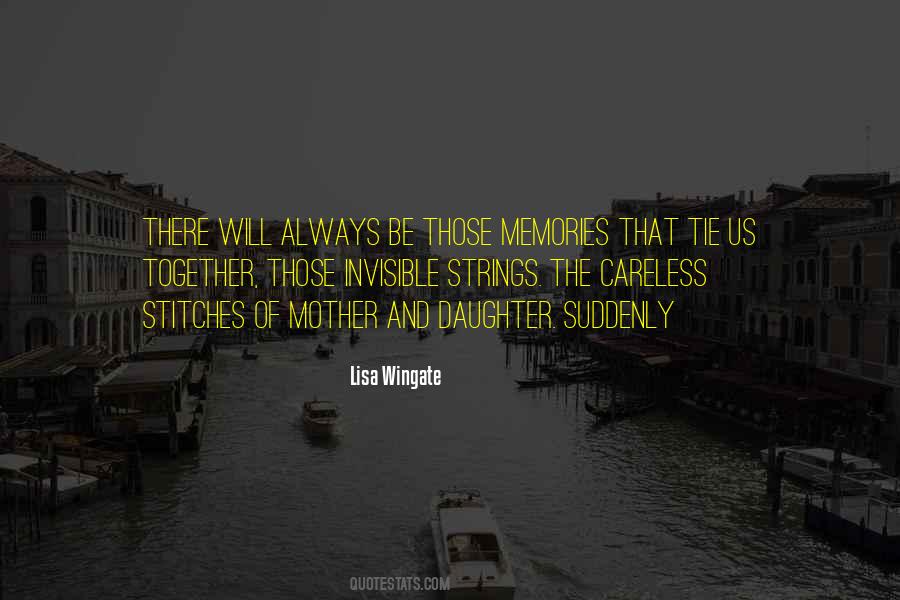Memories are more like pieced together pictures than accurate snapshots

Memories are more like pieced-together pictures than accurate snapshots.

Memories are an integral part of our lives, shaping our identities and influencing our decisions. They are the fragments of our past that we hold on to dearly, enabling us to reminisce about cherished moments, learn from past mistakes, and build meaningful relationships. However, as fascinating as memories are, their accuracy might not be as reliable as we tend to believe.
Contrary to what we might imagine, memories are not steadfast snapshots documented in our minds. Instead, they resemble pieced-together pictures, subject to alteration and prone to the influence of external factors. Research in psychology has shed light on this intriguing phenomenon, unraveling the complexities of memory formation and retrieval.
One reason memories are not reliable snapshots lies in the reconstructive nature of our minds. When we recall past events, our brains work diligently to fill in any gaps in our memory. Often, these gaps are filled in with details that are not necessarily accurate but are deemed plausible by our brains. This phenomenon is known as confabulation, where our minds produce fabricated or distorted memories without our conscious awareness.

Moreover, memories tend to be influenced by our current emotions, beliefs, and perceptions. When we recall a memory, our present state of mind can color the way we remember past events. Our emotions at the moment of recollection can alter the emotional tone of the memory, making it seem more positive or negative than it originally was. This process, known as mood-congruent memory, showcases the malleability of our recollections.
Furthermore, information we encounter after an event can also distort our memories. Known as post-event information, it can seep into our recollections and alter the accuracy of our memories. This is particularly evident in situations where multiple witnesses share and discuss their experiences, leading to the unintentional incorporation of false details into each person’s memory.
The fallibility of memories has significant implications in various domains, such as eyewitness testimonies and historical accounts. It highlights the importance of corroborating memories with other forms of evidence to obtain a more accurate representation of past events. Understanding the reconstructive nature of memories can also aid individuals in accepting that their recollections might not always align with objective reality.
In conclusion, memories are not faithful replicas of past events. They are more akin to pieced-together pictures, influenced by our emotions, beliefs, and the information we encounter. This fascinating aspect of memory formation and retrieval calls into question the solidity of our recollections. As our understanding of memory continues to evolve, it is essential to approach our memories with a pinch of skepticism and recognize the potential for distortion.
Tags
Share
Related Posts
Quick Links
Legal Stuff

